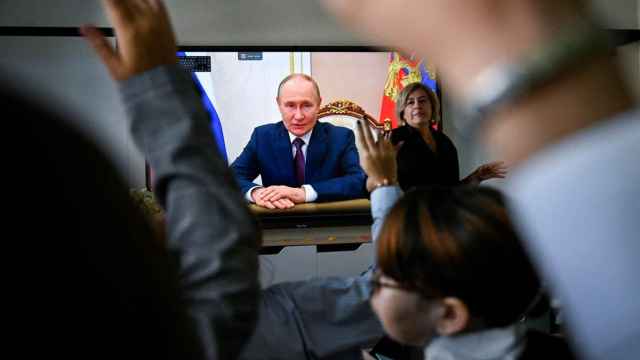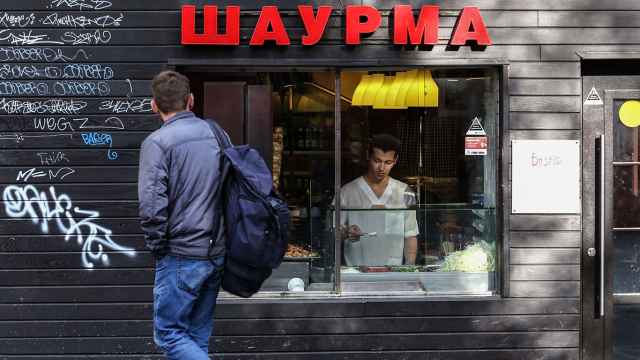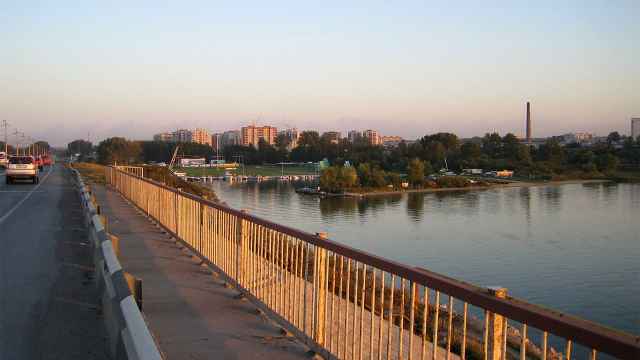Russia’s Novosibirsk region has banned migrants from working as taxi drivers and selling beverages and tobacco, according to a decree signed by Governor Andrei Travnikov on Monday.
The measure comes amid mounting pressure on foreign workers — mostly from Central Asian countries —across Russia in the aftermath of last month’s deadly concert hall attack outside Moscow. The four suspected gunmen behind the massacre are said to be citizens of Tajikistan, which has long-held migratory links with Russia.
According to Travnikov’s decree, companies in Novosibirsk are required to fire migrant workers who drive taxis or sell tobacco and beverages within 60 days.
Moscow-backed authorities in annexed Crimea later on Monday also announced work restrictions for migrant workers, with migrants being barred from seeking employment in “certain fields.” Authorities did not specify the types of work that would be impacted by the ban.
Central Russia’s Novgorod region issued a similar ban on March 26, just four days after the attack on Crocus City Hall, which left 145 people dead and hundreds more wounded.
Before the deadly shooting, restrictions against migrants working in certain professions were enforced in nine Russian regions.
In 2015, the Russian government granted regional authorities the right to ban foreign workers for up to one year in order to regulate local labor markets and prioritize Russian citizens for employment.
A Message from The Moscow Times:
Dear readers,
We are facing unprecedented challenges. Russia's Prosecutor General's Office has designated The Moscow Times as an "undesirable" organization, criminalizing our work and putting our staff at risk of prosecution. This follows our earlier unjust labeling as a "foreign agent."
These actions are direct attempts to silence independent journalism in Russia. The authorities claim our work "discredits the decisions of the Russian leadership." We see things differently: we strive to provide accurate, unbiased reporting on Russia.
We, the journalists of The Moscow Times, refuse to be silenced. But to continue our work, we need your help.
Your support, no matter how small, makes a world of difference. If you can, please support us monthly starting from just $2. It's quick to set up, and every contribution makes a significant impact.
By supporting The Moscow Times, you're defending open, independent journalism in the face of repression. Thank you for standing with us.
Remind me later.






